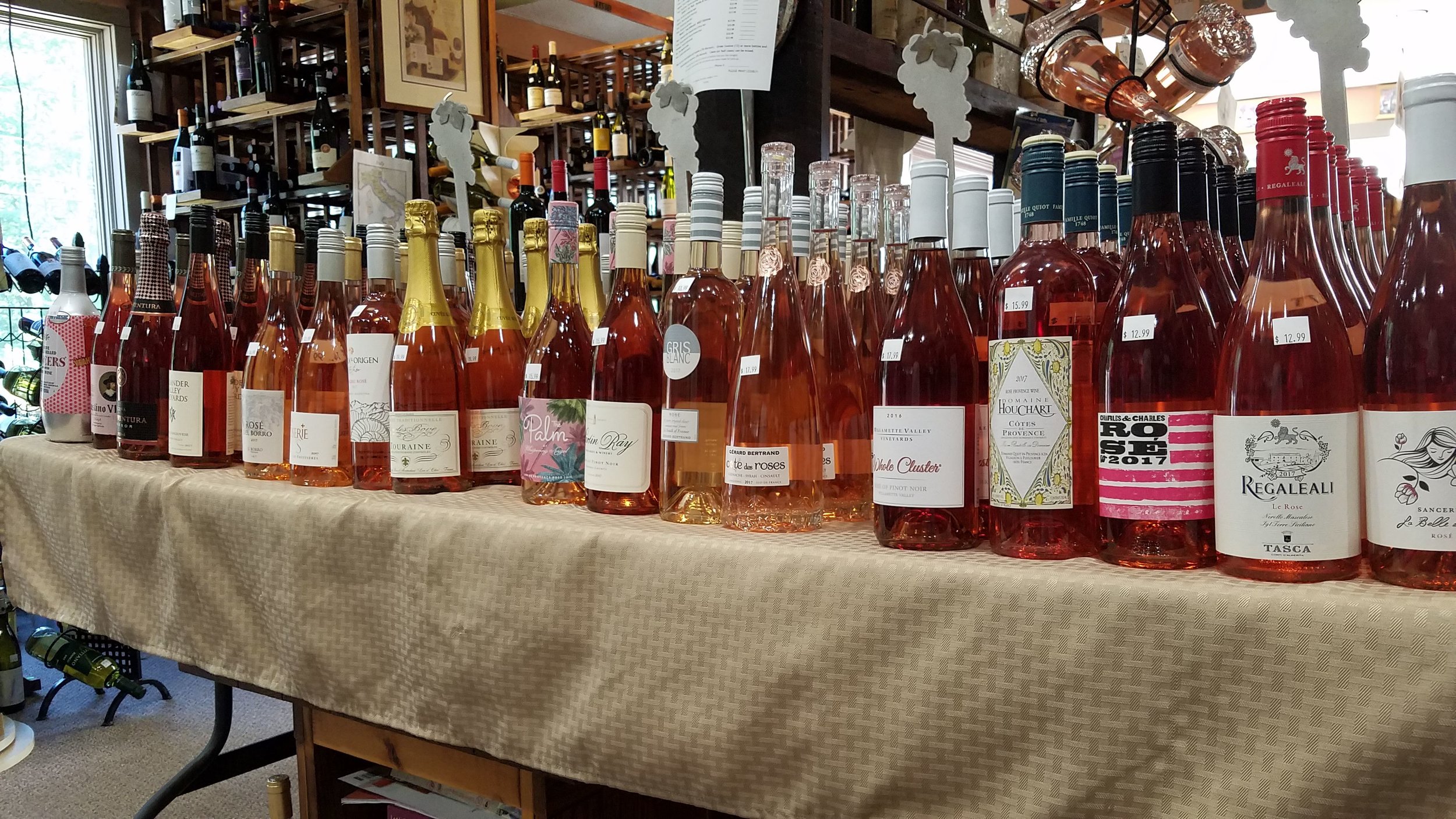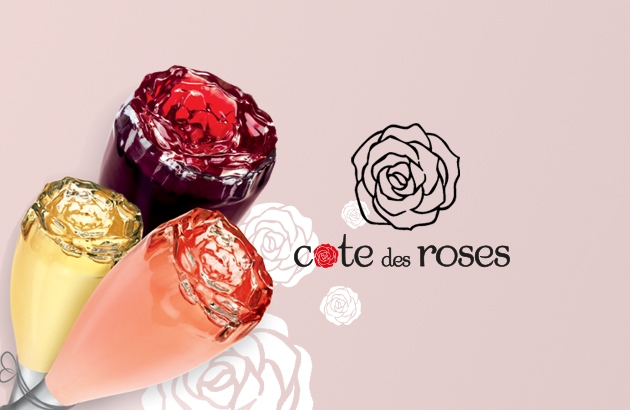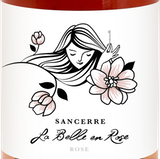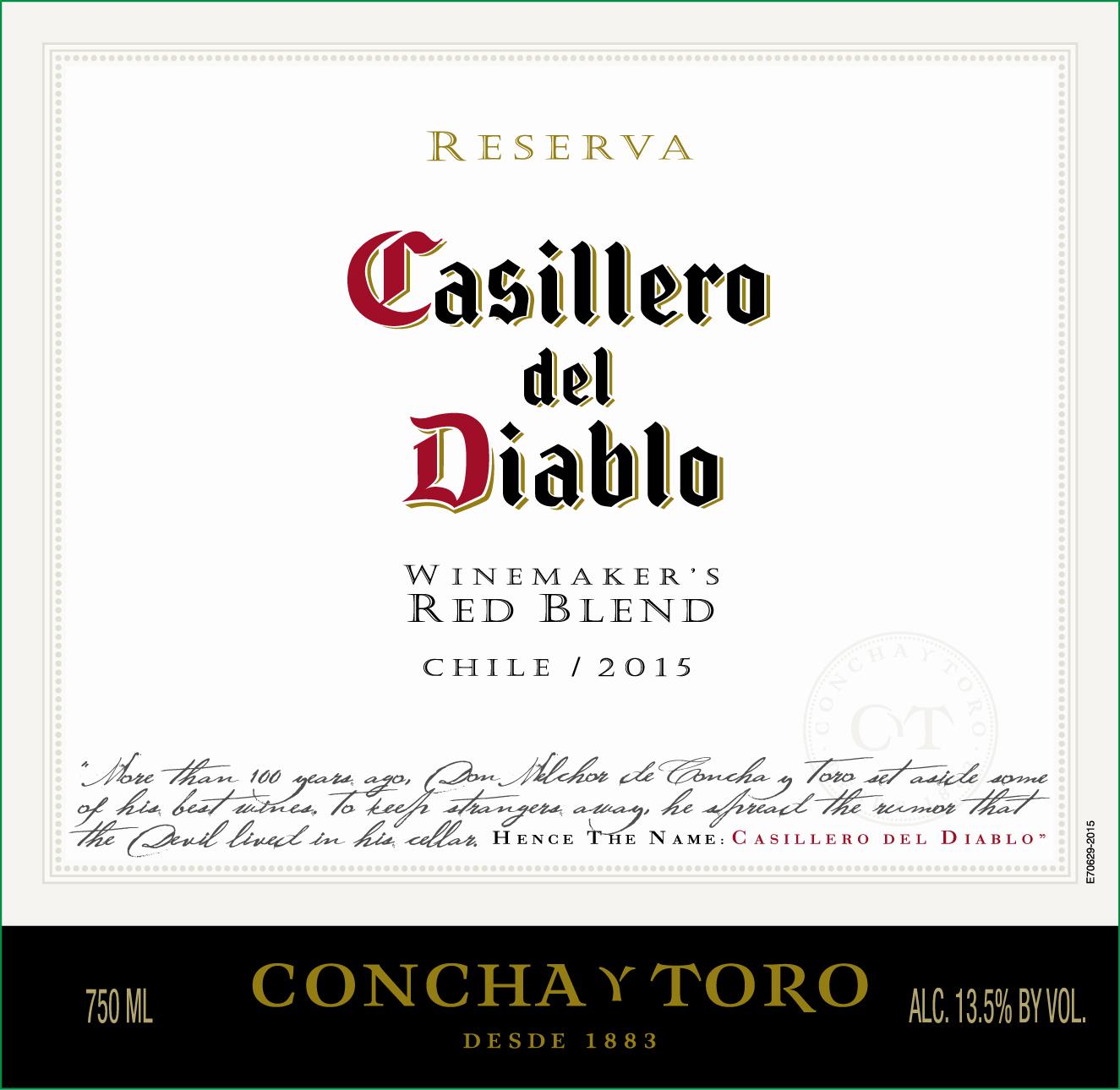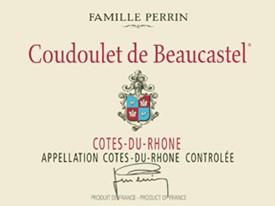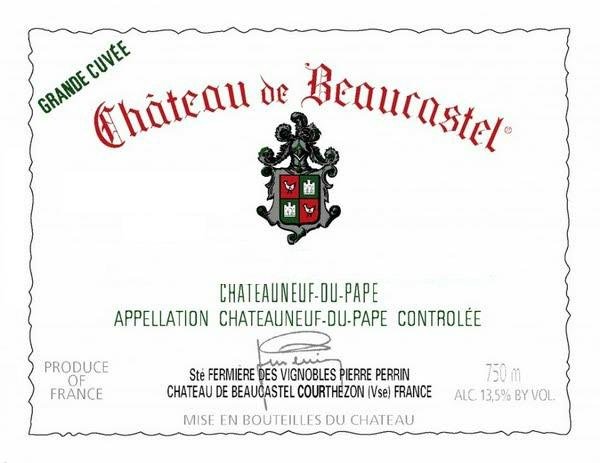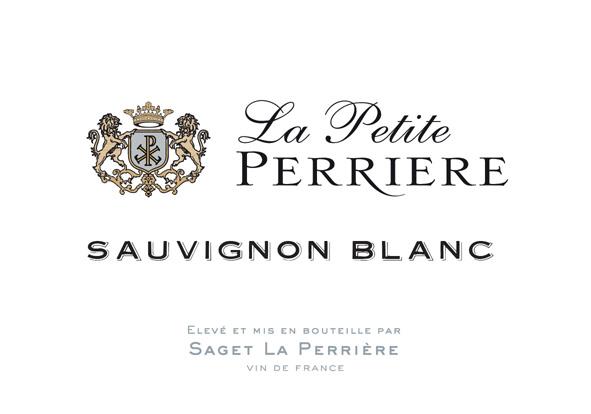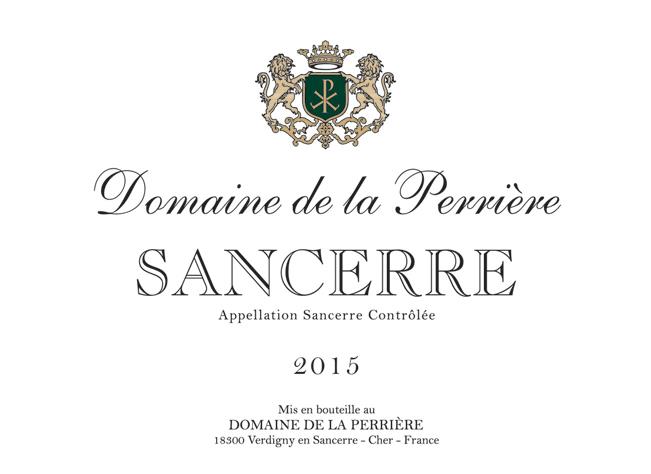Tired Of The Heat? Turn To The Old World For Help
The dog days of summer have officially arrived. Independence Day is long in the rearview mirror, and it has been friggin’ hot outside ever since. Fortunately when we want to avoid crowds at the beach, the kiddie pool and the sprinkler have come in quite handy. The afternoon popsicle or Boston Cream Donut Klondike Bar hasn’t been too shabby of an option either. As for a glass of wine? Put those heavy, high-alcohol reds and rich, oaky whites away and join me on the side of Old World refreshment.
A non-alcoholic requirement for you this summer.
These sweltering days call out for some good old-fashioned acidity, a critical component of wine but it is also the aspect of lemonade or unsweetened iced tea that livens up your palate and gets your mouth watering (also a good thing in the heat so you get something to eat to keep your energy up).
We also need something unoaked, so all of the fruitiness and acidity stands out. Wines aged in oak are round, textured, and pleasant to enjoy most times, but they will tire out your palate real fast since the acidity tends to be muted or in some cases non-existent.
Low alcohol also helps here, too. We don’t want a high-abv wine (basically, anything 14.0% and up) to dehydrate us. Additionally, higher alcohol wines, in general, tend to be lower in acidity. Old World wines from Europe skew in the direction we are looking for. The growing season is typically shorter than New World regions with many cooling influences to preserve acidity and keep potential alcohol levels lower, but the Old World gives you plenty of vibrant flavors and aromas to keep your senses interested while being boiled in the dead of summer..
The following flight is Tony-tested, Tony-approved. If you don’t see any of the producers, look for wines from these regions or made from these grape varieties as acceptable substitutes. Of course, you can also get in touch with specific questions. My office is always open. So get a good chill on these and go to town!
Les Vignerons de Florensac Picpoul de Pinet ($13): Picpoul is the grape you never knew you needed until you try it. Despite over 300 sunny days per year in Southern France, this white grape not only thrives, but it displays an incredible amount of zest with a full citrus bowl of fruit and hint of fresh herbs on the nose. On the palate, there is a minerally quality to it and a long, lemony finish. It’s a terrific alternative to both Pinot Grigio and Sauvignon Blanc that also pairs well with delicate white fish.
Argiolas Vermentino di Sardegna Costamolino Vendemmia 30 ($16): Even on the warm island of Sardinia, the white grape Vermentino has adapted to the harsh climate beautifully. Vermentino has great texture, but it is balanced by a streak of natural acidity that comes from Mediterranean island viticulture. This wine has a great combination of lemon, peach, and tropical fruits with a saline character on the finish. This is the 30th vintage of the Costamolino, and Argiolas keeps knocking it out of the park with this wine. Perfect partner with shellfish and makes for an interesting alternate to unoaked Chardonnay.
90+ Cellars Cotes de Provence Rosé ($12): A classic blend of southern French red grapes Grenache and Cinsault, both of which give fruity wines with plenty of acidity and a delicate color since neither grape has particularly thick skins. When these red grapes are used to make a rosé, there is a fun crossover of white wine flavors (grapefruit, nectarine) and red wine flavors (strawberry, watermelon). Throw in a slightly herbaceous nose and salty palate, and you have a steal on your hands while getting a good foundation of what Provence Rosé is all about..







